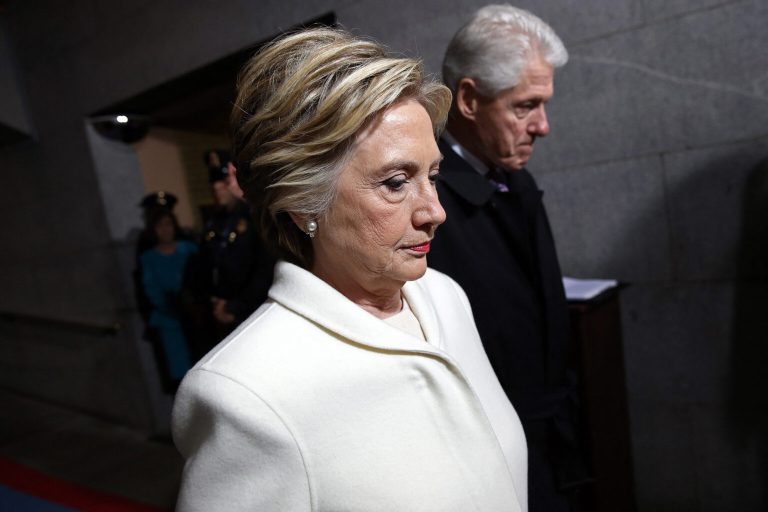
At the 8th Annual General Meeting of BUA Cement held in Abuja yesterday, billionaire businessman and chairman of the company, AbdulSamad Rabiu, shared how his company’s efforts to make cement affordable were derailed by dealers.
Rabiu explained that BUA Cement had initially set out to sell cement at N3,500 per bag, hoping that the lower prices would benefit end-users. However, the plan backfired as dealers sold the cement at inflated prices, ranging between N7,000 and N8,000 per bag.
Rabiu expressed his frustration with the situation, stating, “A lot of the dealers took advantage of that policy. Rather than pass the low prices to the customers, they were selling at even double the price we sold to them.
“He revealed that the company had sold over a million tons of cement at the intended lower price before realizing the extent of the price gouging. “We had sold more than a million tons at N3,500 before we realized what the dealers were doing,” Rabiu added.
The chairman also cited economic factors, such as last year’s Naira devaluation and the removal of the fuel subsidy, as challenges that made it impossible to sustain the lower price policy. “With the foreign exchange rate moving from about N600 to maybe N1,800 to the US Dollar, it became even more challenging and difficult for us to actually sustain that price policy,” he said.
Rabiu assured stakeholders that despite these challenges, BUA Cement is still committed to controlling price hikes. He noted, “If you see the exchange rate then, and the exchange rate today, you will see that cement is actually cheaper today than what it was last year.”
He also highlighted the impact of dollar-denominated costs, particularly in energy, on the price of cement. “Energy is the biggest cost. And our energy today is denominated in dollars. We buy gas to power our plants mainly. And gas is priced in dollars,” Rabiu explained.
He concluded by giving an example of the rising costs, mentioning that one of BUA’s plants now has a monthly invoice of N15 to N16 billion, up from the previous N3 to N4 billion. “That is just one example,” Rabiu stated.








